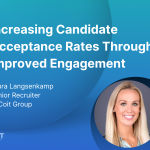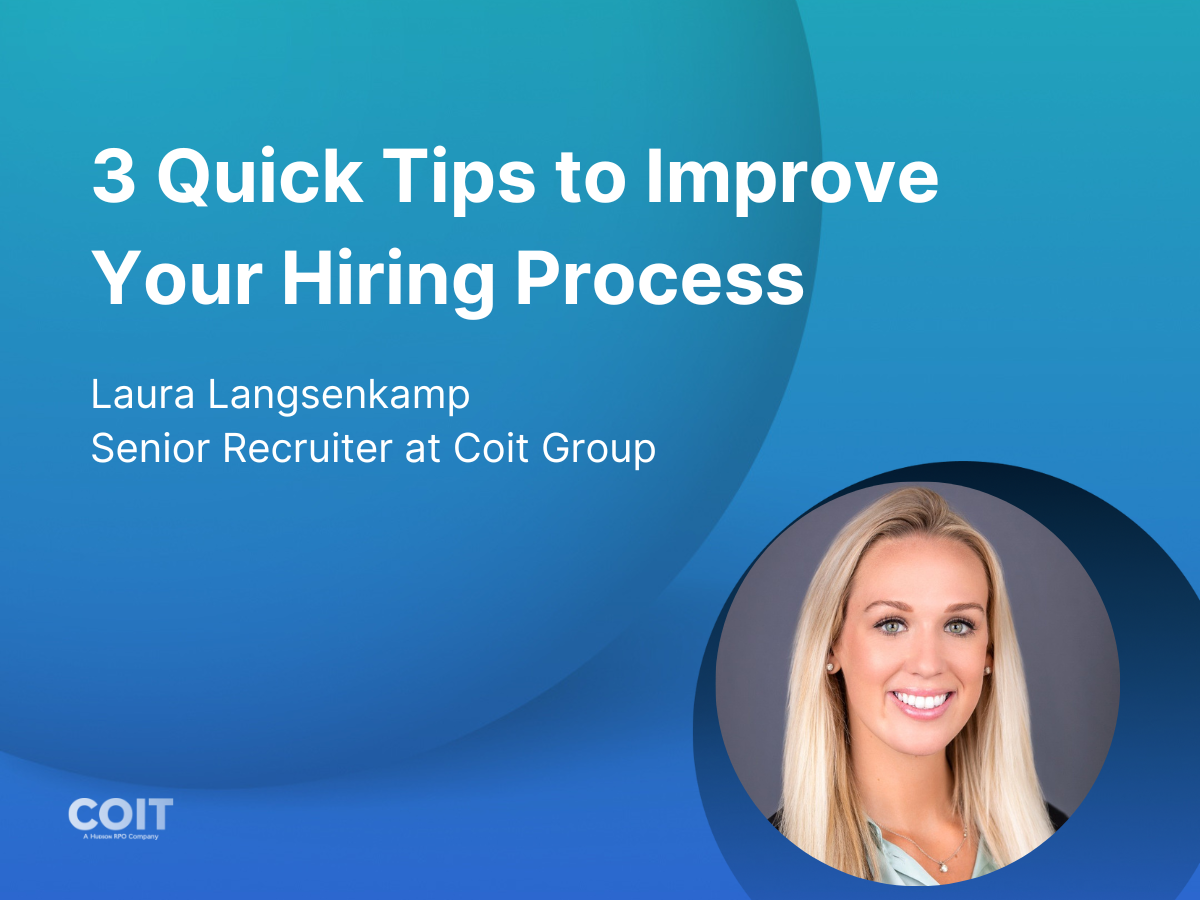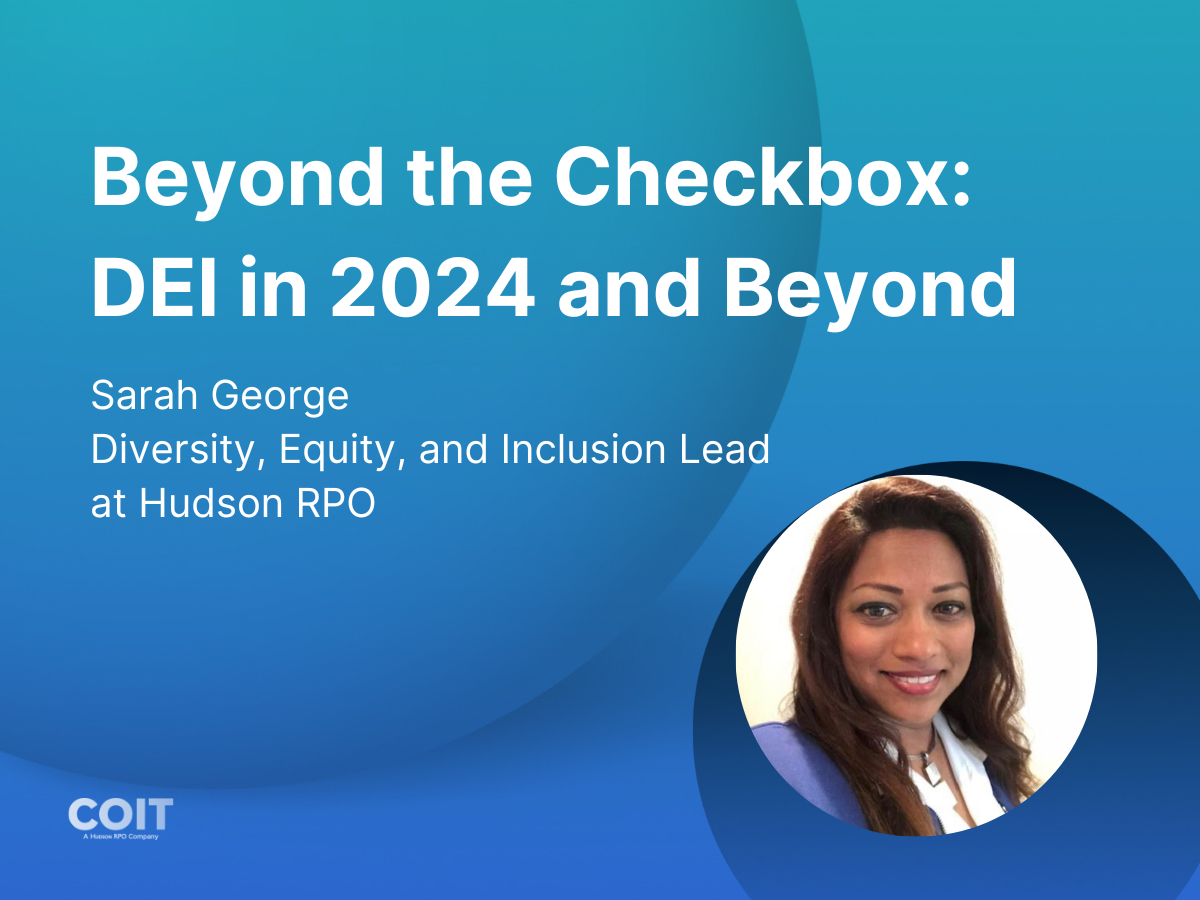Despite the recent pandemic and the challenges presented with it, the demand for talent consistently exceeds supply, forcing employer branding to come into sharper focus. Where companies once found themselves trying to sell their workplace to candidates much like consumer brands sell products, the recent pandemic has shifted mindset of many to mental health and wellbeing.
Because of this shift, organizations will have to be ready to respond to questions regarding their support to employees, diversity and inclusion goals and flexible working options. In addition, employer branding and employee value propositions (EVP) are becoming competitive tools in the race for talent; therefore, putting out a job advertisement is no longer sufficient. But what exactly is employer branding, and how does it contribute to a recruitment strategy? We answer these questions and more for you below.

1. What is an Employer Brand?
An employer brand is much more than an explanation of your company’s strategy, markets, and products. It is an integral part of the employee value proposition, expresses the organization’s corporate culture and work environment, and combines current and potential employees’ perceptions of the workplace. As a result, employer brand has a significant effect on the recruitment of new employees, retention and engagement of current employees, and the overall perception of the organization in the market.
2. Why Employer Branding Matters
Recruiting leaders alike have seen a significant impact on hiring and believe this will be an area of increasing focus. According to Glassdoor, 86% of job seekers research company reviews and ratings to decide where to apply for a job . By increasing candidate attraction, engagement and employee retention, a strong employer brand can help you reduce cost-to-hire and overall time-to-fill. However, after reading negative reviews, an employer brand that needs improvement does the opposite: 55% of job seekers abandon their application process.
3. Employer Brand (EB) vs. Employee Value Proposition (EVP) – What’s the Difference?
If an employer brand is a perception of your organization’s workplace, the EVP is how you make this perception a reality for your employees. An organization’s employee value proposition (EVP) is the promise to employees about rewards and benefits they will receive in exchange for their performance. It is crucial to define the EVP to ensure employees understand and execute it to guarantee positive workplace culture, career management, and employee retention. A strong EVP combines extrinsic motivators such as pay, bonuses and benefits alongside intrinsic motivators such as learning and personal development, work environment and flexibility.
4. What Role Does Employer Branding Play in My Recruitment Process?
Many candidates take the overall recruitment process experience as an indicator of how the organization values their employees. However, while you are recruiting, it is essential not to forget that candidates are often customers. The recruitment process is the first, and possibly only time, candidates interact will with your organization. According to LinkedIn, 52% of candidates first seek out the company’s website and social media to learn more about an employer. Similarly, 75% of job seekers consider an employer’s brand before applying for a job. This includes culture, values, mission, business model, future plans and the pros and cons of the workplace.

5. How to Create an Employer Branding Strategy
Because every organization is different, we design employer branding solutions to match your specific needs. Overall, the essentials for building a high-value employer brand are:
- Be authentic.
Build your employer brand based on input from your existing employees.
- Align your employer brand to your customer brand.
A clear connection between your employer brand and customer brand supports its authenticity.
- Focus on your region and industry.
What matters most to talent can vary across sectors and regions.
- Use actionable analysis.
Track the results of your employer brand so you can adjust and improve
- Make everything accessible.
Your employer brand should be easy to find through your career website, marketing, on your social platforms and should be accessible for everyone.
6. Common Challenges with Employer Branding
For your employer brand to yield any amount of return, it must be aligned to your HR policies, state certain expectations for employees, and be implemented to prevent any disengagement or lack of trust. Challenges can arise if your organization does not know how to communicate the EB or manage additional workload. Setting up an EVP or employer branding strategy requires the input of employees across departments, geographies, and seniority levels which can prove to be strenuous and challenging at times.
At Coit Group, our Employer Branding experts can help with your strategy, get you started on your EB journey or have a further conversation to discuss your questions. Find out more about how we can help with your current talent challenges, or get in touch with the team.
Newsletter
Blog Categories
Recent Posts

[Tech x Talent Dashboard] It’s time to change DEI metrics and tactics
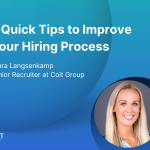
3 Quick Tips to Improve Your Hiring Process

Beyond the Checkbox: DEI in 2024 and Beyond

The Unexpected Secret to Effective Rapid Response Hiring
